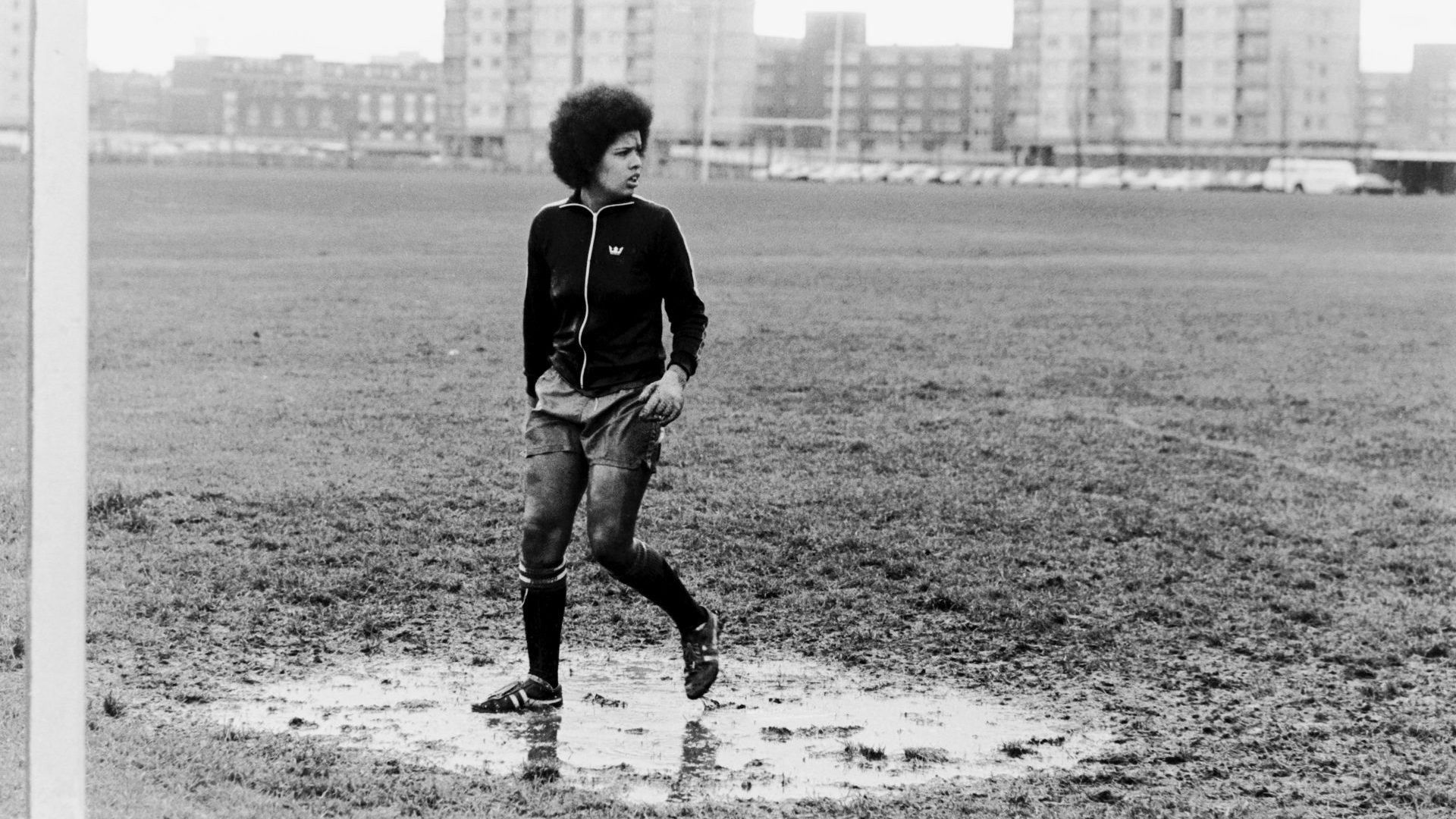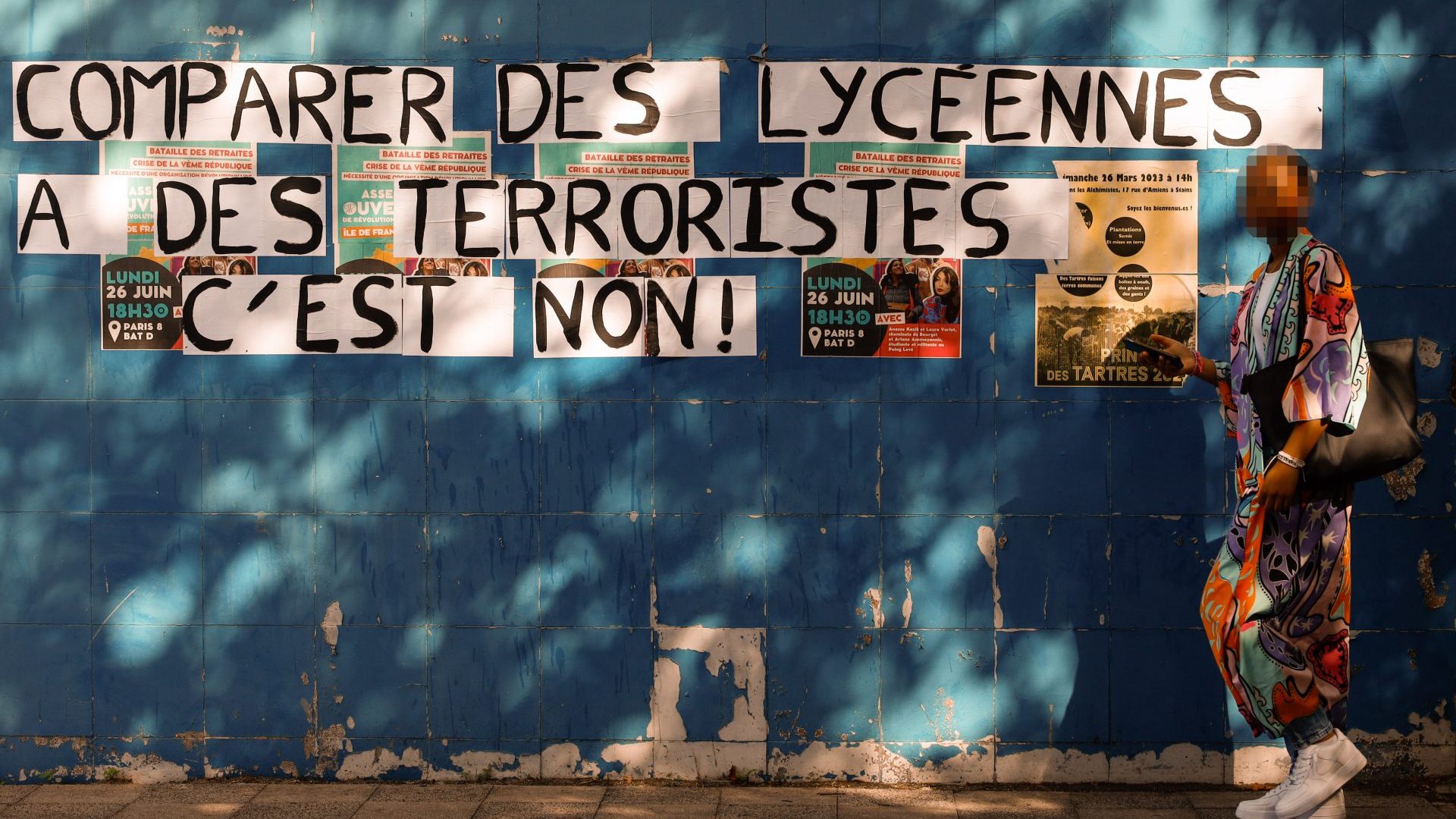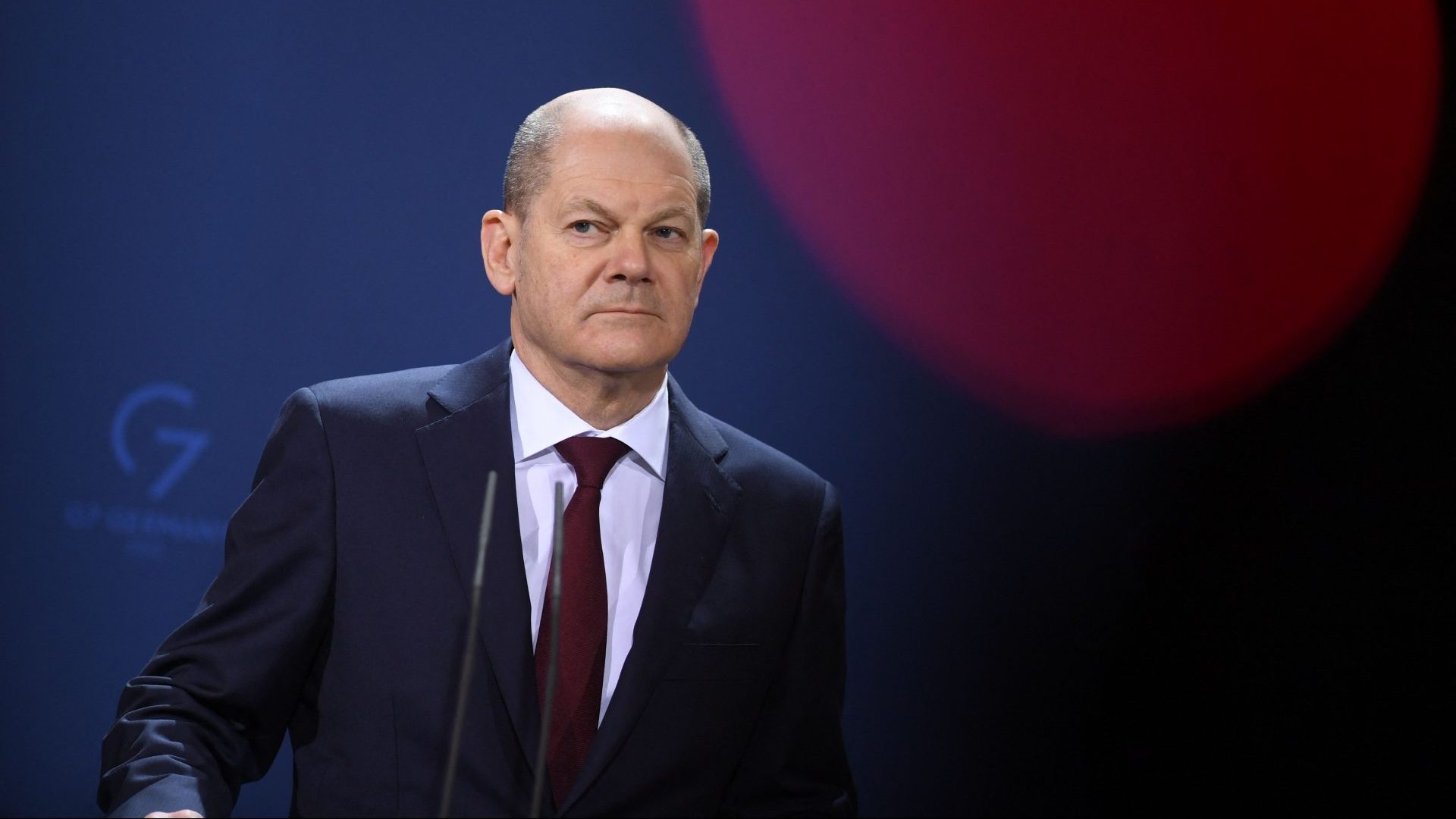In 1971, when British women still needed their husband’s permission to open a bank account (the law changed in 1975), I managed to persuade Crystal Palace’s manager to give me a press photographer pass.
Why was I even there? Escaping post-partition violence in India, I had sailed to England from Bangalore in 1948, with a Box Brownie camera and clothes I had knitted myself for the climate. I soon married and had a girl and three boys. I learned to be a photographer in our garden.
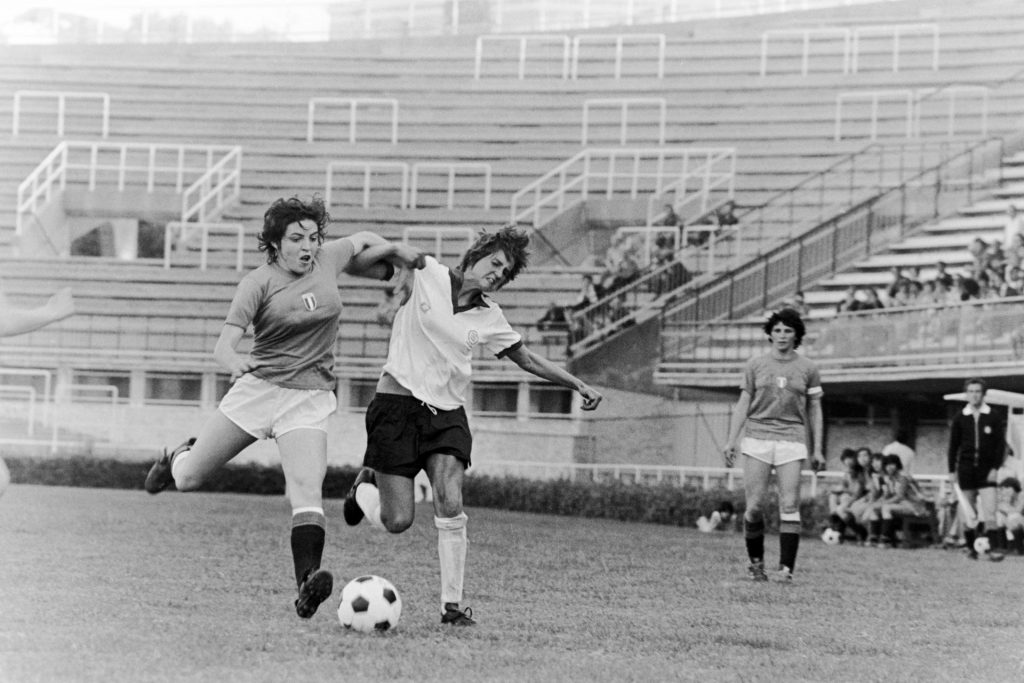
In 1971 I took my son to Crystal Palace. It was a coup de foudre: I had found what I wanted and needed to photograph. I wangled that first press pass and never looked back, despite the outrageous sexism. Fortunately, the fans and players have always been wonderful.
The first and only woman on the line, I stood out a mile, and as the new Crystal Palace programme photographer I learned that they also had a women’s team. I had no idea women played football, so I decided to go along with my camera.
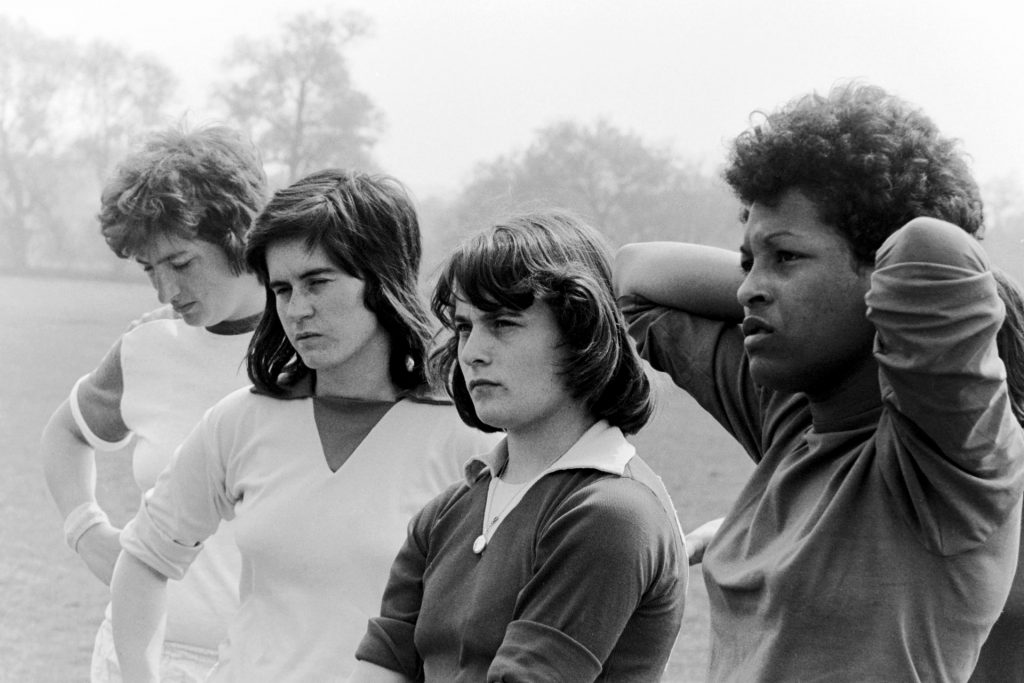
It was a shock. The field they played on was filled with gravel – so literally not even a level playing field. I decided that the official match day programme should include women’s football, or at least that it should follow their progress. The club let me have a women’s page, and I began photographing women’s football, initially just the Palace Ladies.
Then in summer 1976 came an all-expenses-paid trip. England v Italy at the Flaminio Stadium, the second largest ground in Rome. We were to have an audience with the Pope, then the game, then a second game on the Rimini coast.
I have all my original notes and articles. We stayed in Rome’s Olympic Village, five to a room in hospital-like beds. In with me were two 15-year-old girls, an older girl and Florence Bilton. All three girls were playing for the first time for England, and the younger two were swotting for their O-levels. The only men on tour were Tommy Tranter, the England manager, and a doctor specialising in “medical science of the functions and diseases peculiar to women”. We also had our own physio.
I was happy to be free from cooking, dishes and the vacuum cleaner. Besides, I liked Italian food. The players, unfortunately, didn’t like the food and were desperate for cornflakes.
Training the next day meant spies. “They are big,” said a watching Italian friend a little nervously of the Lionesses, “but not very fast. I think we will beat them.”
We saw the Italians were very fit, their exercises would have worn out the Crystal Palace mob. Their doctor was the same as the national men’s team, and the impressive stadium was the home ground of the Lazio Ladies.
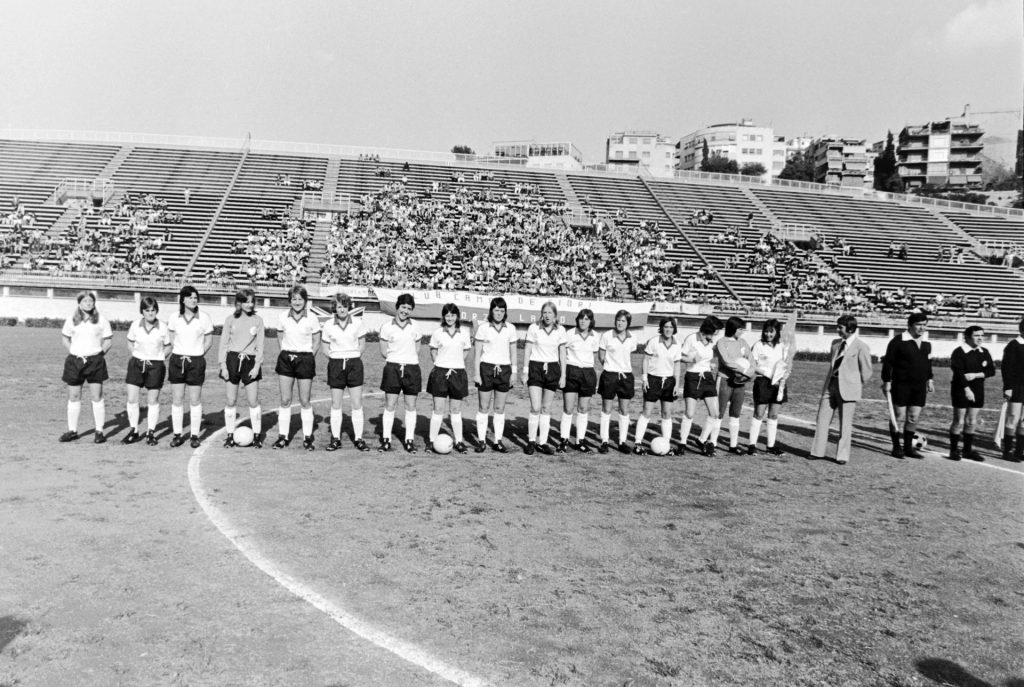
Splendour and style in Italy while English clubs played at Wormwood Scrubs and Hackney Marshes.
On match day, it was off to see the Pope. Captain Carol McCune, Tommy Tranter and Florence Bilton were in front-row seats as they were to present a plaque. The whole thing was a tedious production that lasted hours and meant the Italian team were resting while England sweltered in the heat of the Vatican. Tranter suspected sabotage and almost staged a walk-out, which would have led to a diplomatic incident.
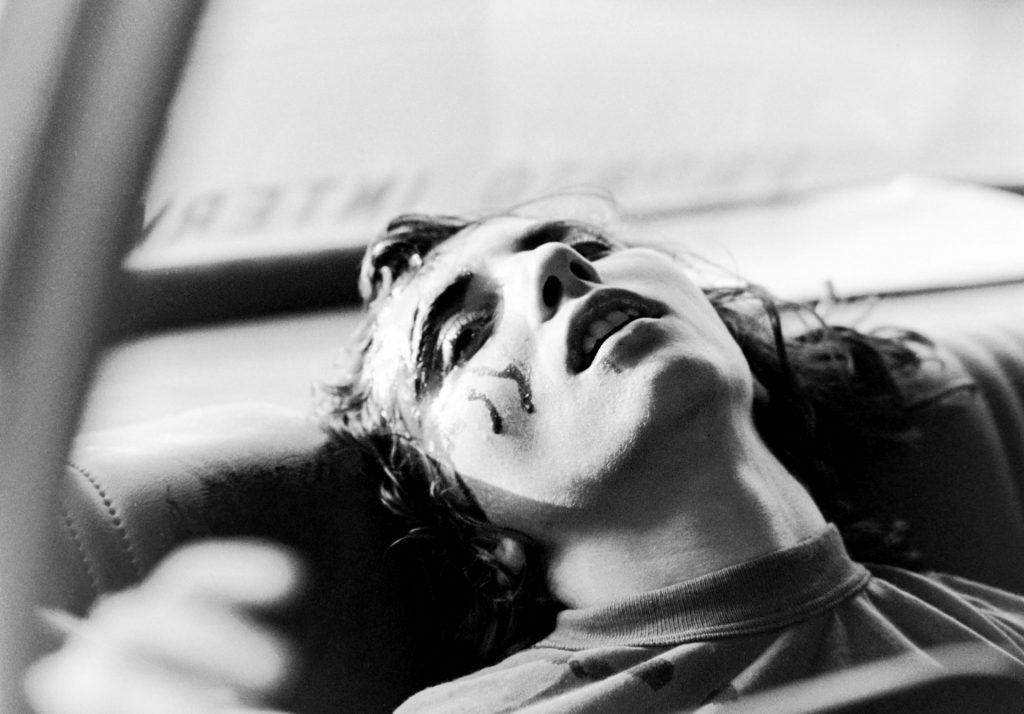
Italy 2, England 0. The Italians showed their skills, speed, superior training and support. We could only hold on.
For Rimini, Tranter was firm. No more tourism and on match day, it had to be cornflakes. Flo Bilton and I set off. After three hours we found expensive packets of real cornflakes in a small store, bringing jubilation to all.
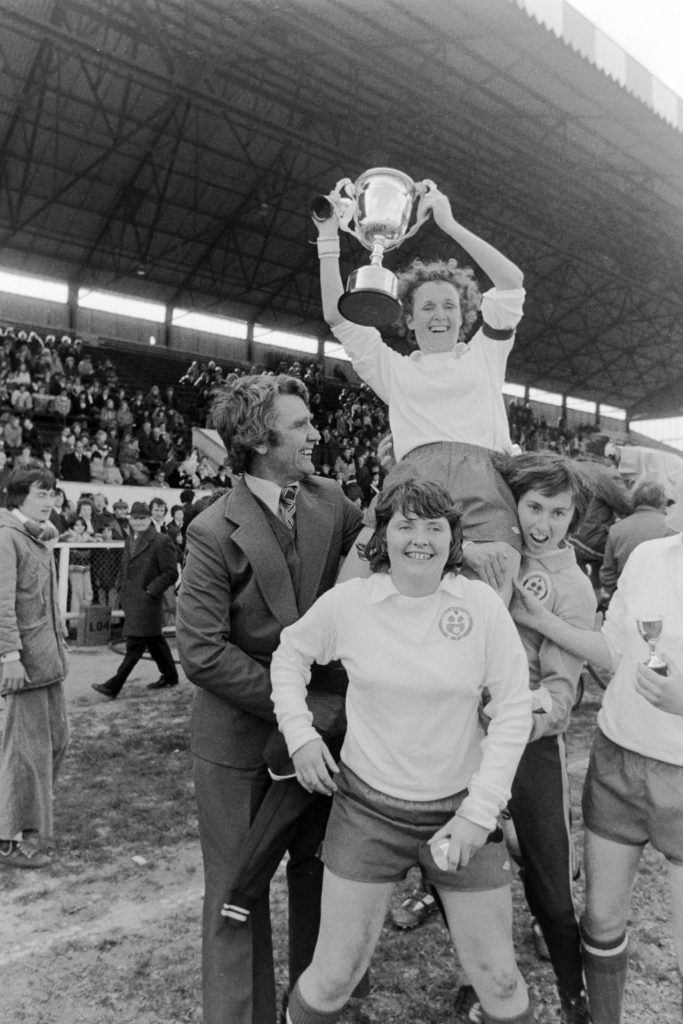
But there was still the problem of the kit. England, on a pittance, had one set. We now had just hours to get the kit washed and dried ahead of the match. It showed the lack of parity: much of England’s kit was in plastic bags tied together by socks, whereas the Italians were stylish throughout and the investment was obvious. No plastic bags for them.
Back to my room, where Flo Bilton and I washed the mud off the kit in the sink, then a soap-scrub in the bidet before I rinsed everything in the shower. We festooned the kitchen boiler, before plugging in hairdryers and blow-drying it all. I felt so proud of them running on to the pitch as neat as new pins. England lost, but weren’t massacred (Italy 2, England 1).
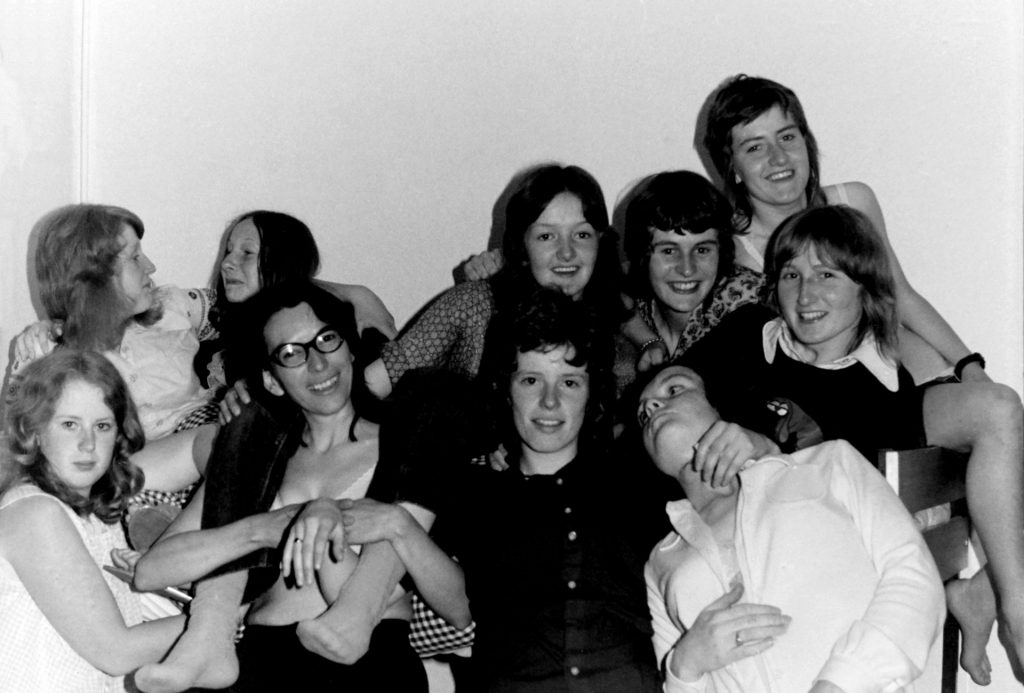
All the girls were presented with a solid silver medal, and there was also one for “the nice photographer”. All in all, I felt I’d earned it.
Hy Money was interviewed by Flora Smith, TopFoto

